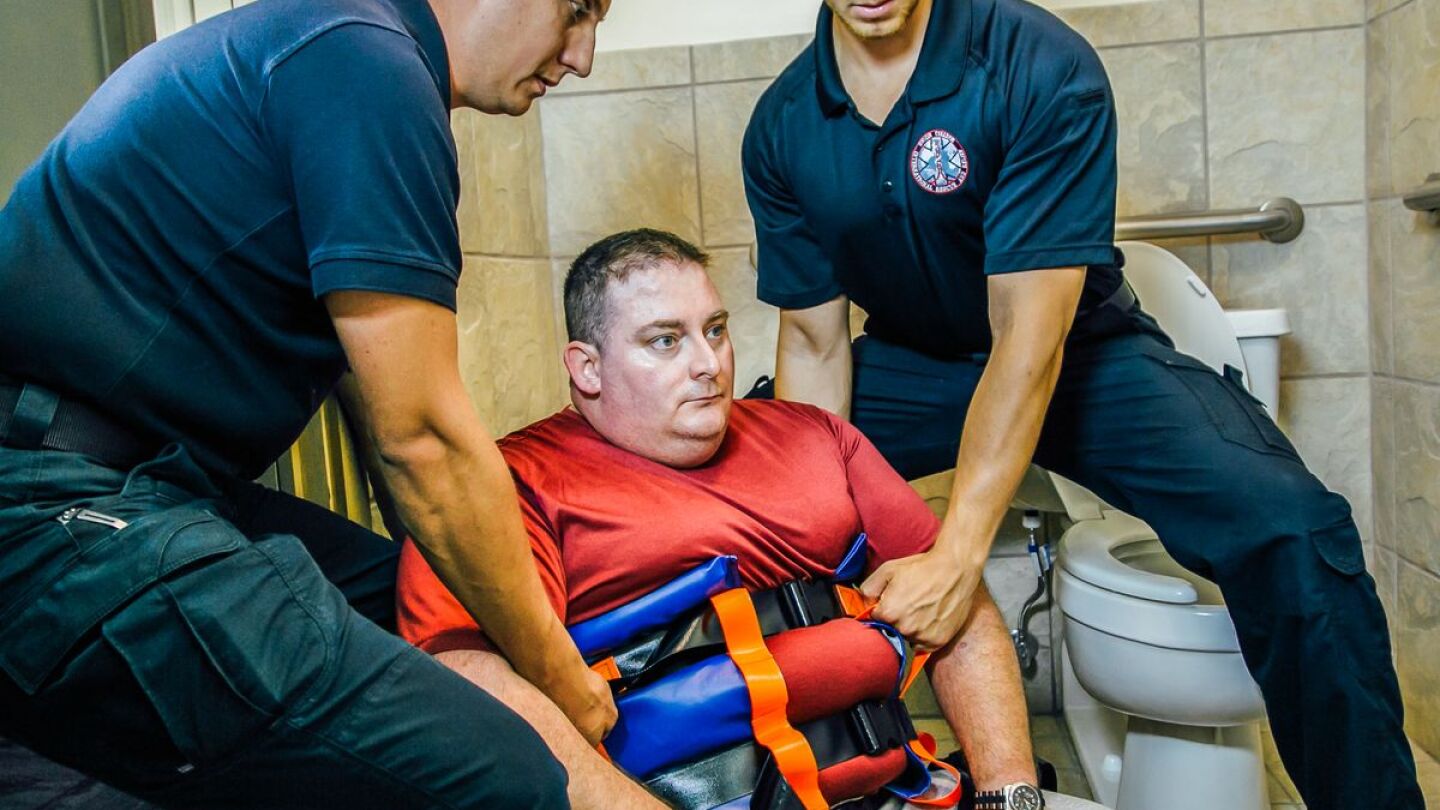EMS Training and Education
Your go-to resource for evidence-based EMS training, continuing education, instructor development and industry innovation. Find expert articles, videos, product reviews and specialized resources to support EMTs, paramedics, medical directors and educators. Stay current on instructor best practices, CEU requirements, virtual training trends, simulation strategies and educational policy affecting prehospital care.
EMS Training and Education Resources
Practical, authentic ways to show gratitude and strengthen community ties with the people who respond first when it matters most
5 tips to quickly find a patient’s radial pulse for vital sign assessment
Educating patients at the highest risk for suffering a fatal overdose
To make an effective splint, focus on the craft rather than focusing on the device
Make your patient feel less like a sack of potatoes with these tips from Steve Whitehead
The clinical, cognitive and potential risk considerations in lift-assists, which are more complex than we realize
Integrate cardiac monitors, waveform capnography, 12-lead ECG, training manikins and advanced airway devices to increase your EMS providers’ comfort level
Students learned several vehicle-rescue techniques, including how to safely knock out windows and how to properly use the Jaws of Life to remove doors
When EMS students experience anatomy with hands-on training, it helps them contextualize otherwise esoteric information
Train EMS providers in patient assessment skills that rely on clear, effective communication
TSTC Emergency Medical Services students put their knowledge and emotions to the test yesterday during a mock drill
To celebrate National EMS Week, NAEMSP is challenging EMS agencies across the country to come up with the most creative and educational CPR video
Mitigate fentanyl fears with NIOSH guidance and basic PPE precautions
Our co-hosts discuss the recently-released 2019 EMS Scope of Practice Model and underscore what has changed for providers
Follow these five tips to captivate your audience, include easy-to-see visuals, follow the rule of sevens and avoid panel discussions that will put your audience to sleep
Our co-hosts discuss the new American Paramedic Association and its creation out of a need to represent the voices of paramedics in the field
The annual workshop brings together care providers and billing professionals to “emphasize care beyond transport”
Academy participants will be considered full-time employees, complete with benefits available the first day of class, and health insurance after 60 days
The National Highway Traffic Safety Administration released the latest version of the EMS Scope of Practice Model
According to Jon Swanson, Metro EMS executive director, 800 lapsed licenses is an uptick from the average 600 the state typically sees
Young future EMS providers have the chance to interact with professional EMS personnel and learn from realistic scenario situations
From paramedic degrees, to ALS vs. BLS; boiling down the hot topics in EMS #grammarisoverrated
Take this quiz to test your knowledge of alpha and beta receptors and how the autonomic nervous system works
The previous response plan called for EMS personnel to hold up outside the scene until police had made their response and wait for victims to be brought out
Counties, universities, and private companies are working together to reach out to high school and college students about the industry and offer training programs
Violence prevention training and situational awareness can help keep EMS providers safe on scene
Train for hemorrhage control with a focus on EMS patient care beyond the ‘Stop the Bleed’ basics, with hemostatic agents, TXA and tourniquets
To combat the shortage in emergency service workers, Allina Health will begin offering a paid EMT course
Maximize your patient contacts during paramedic clinical time and field internship with an action orientation
EMT students at Middlesex Community College are learning how to administer intramuscular epinephrine by traditional syringe in cases of anaphylaxis
With violence against paramedics and fire-rescue personnel becoming more frequent, training must include simulations of responding to “everyday” calls gone wrong
The county will pay $7,600 for Bobby Bohn’s school, and will also pay him to take 1,200 hours of classes, 450 hours of ambulance rides and hospital hours



























